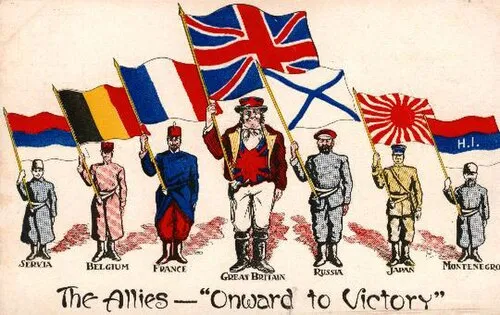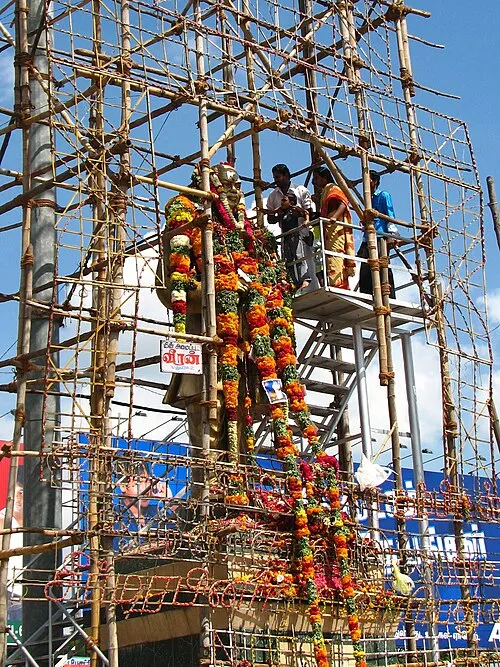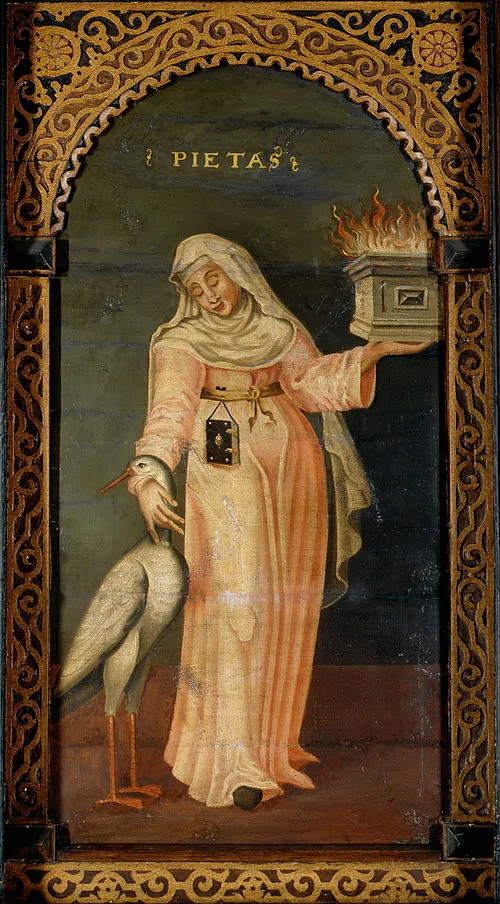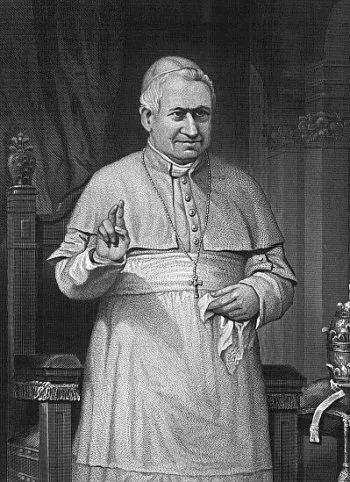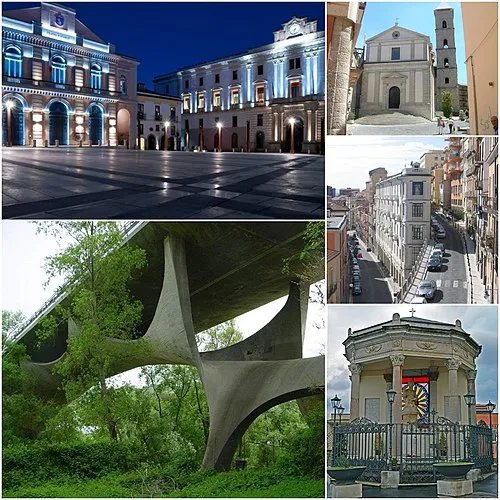
Exploring the Life and Legacy of Gerard of Potenza
Gerard of Potenza, a notable figure in the context of medieval Christianity, is often overlooked in history yet holds significance in the landscape of early monasticism and educational reform. This article delves into the life, teachings, and impact of Gerard from Potenza, illuminating his contributions to theology and society.
Early Life
Born around the late 11th century, in Potenza, a city located in the southern Italian region of Basilicata, Gerard was raised during a time of considerable strife and transformation. The socio-political landscape of Italy at the time was marked by feudal conflicts and the rise of the papacy as a powerful institution. Although details of his early life remain scant, it is widely accepted that Gerard was drawn to the teachings of Christianity from a young age, which set the course for his later endeavors.
Monastic Formation
Gerard's pursuit of a religious vocation led him to join a monastic community, where he immersed himself in the study of scripture, theology, and the monastic way of life. His time spent in monastic education laid the groundwork for his philosophical and theological insights that would later influence his community and beyond.
Founding of the Monastery of St. Mary
One of Gerard of Potenza's most significant achievements was the founding of the Monastery of St. Mary in the early 12th century. This monastery was not just a place of worship; it became a center for education, spirituality, and community service. Under Gerard's guidance, the Monastery of St. Mary flourished and became a model for monastic life, focusing on strict adherence to the Rule of St. Benedict, promoting a balance between contemplation and service.
Contributions to Theology
As an abbott, Gerard was deeply committed to theological education. He emphasized the importance of scripture and philosophical study among his monks, promoting intellectual rigor as a means of deepening one’s faith. His writings reflect a synthesis of monastic thought and the burgeoning Scholastic movement that characterized theology in the late Middle Ages. His work encouraged a dialogue between faith and reason, which has continued relevance in theological discussions today.
Legacy and Influence
Gerard of Potenza’s influence extended beyond his immediate community. His teachings inspired later generations of monks and theologians, who viewed him as an exemplar of Christian leadership. The legacy of the Monastery of St. Mary, as a center of learning and spiritual renewal, can still be felt today through its ongoing impact on monastic life in Southern Italy.
Conclusion
In examining the life of Gerard of Potenza, we uncover a rich tapestry of faith, education, and community service that resonates through the ages. His commitment to monastic values, theological inquiry, and educational reform highlights his role as a pivotal figure in medieval Christianity. As we reflect on the contributions of Gerard, we are reminded of the enduring power of religious commitment and intellectual endeavor.

